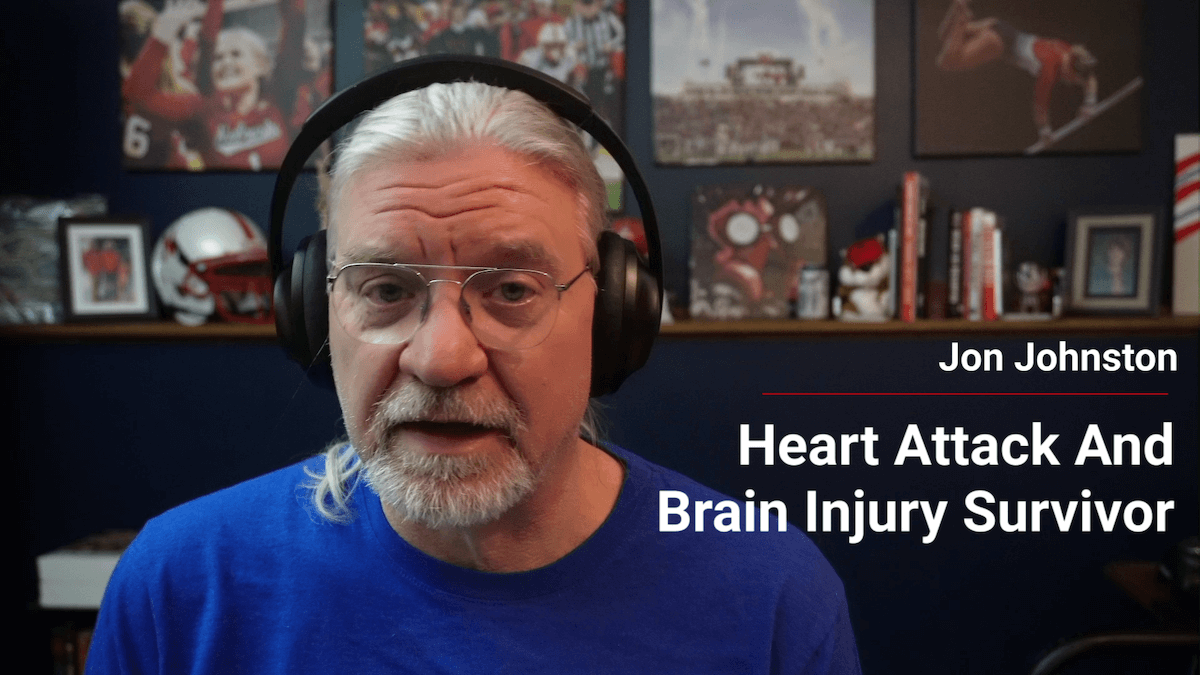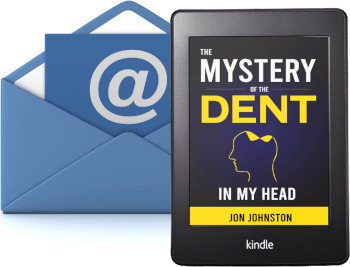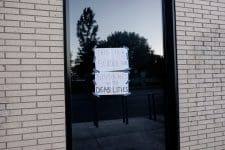As a heart attack survivor, I understand the struggle of finding support groups for emotional support. While there are some online groups available, I have found it difficult to find face-to-face support.
I recall a podcast interview I had with a heart attack awareness advocate who shared how she felt alone and had no one to talk to after her heart attack. She later found comfort in cancer support groups after being diagnosed with breast cancer. This led me to ask my cardiologist about emotional support for heart attack survivors, and while they are aware of the emotional fallout, their hands are tied because of financial constraints.
However, I have found that meeting with other heart attack survivors has been helpful, and I have offered my support on several occasions. While hospitals are good at trauma, they lack in outcomes and follow-up. Cardiac rehab mainly focuses on education and monitoring, so I have turned to Facebook for support groups. I have found groups that focus on diet and exercise, heart attack and stents, and heart attack survivors under 55. However, I have not found many support groups for caregivers.
For face-to-face support, the American Heart Association may be the best option, but little is available because of the pandemic. I hope this information is helpful to other heart attack survivors.
Video Transcription:
If you are watching this video, you may be looking for support groups for heart attack survivors. I was also in the same situation and wondered why there aren’t many face-to-face support groups available. However, there are some online groups that we’ll discuss later.
A heart attack awareness advocate I interviewed in England shared her experience of feeling alone after leaving the hospital, dealing with emotional fallout, and having no one to talk to. Six weeks later, she was diagnosed with breast cancer, and was contacted by various cancer support groups who provided her with emotional support. She compared the support she received to being wrapped in a warm, cozy blanket.
In contrast, heart attack survivors often experience emotional fallout that is not widely recognized. I discussed this issue with my cardiologist, who acknowledged that they are aware of the emotional fallout but are limited by money and insurance coverage. They may offer anti-depressants to help with depression, but not much is done beyond that.
After my heart attack, my cardiologist asked me to meet with another patient to discuss what I went through, which he found helpful. I have offered my support to others frequently.
Our hospitals are excellent at trauma but may not be as good at outcomes and follow-up. Most of us are offered cardiac rehab after a heart attack, which focuses more on education, monitoring, and support.
There are some good heart attack support groups on Facebook that you can join, each with its own personality and flavor. Some of the groups I belong to are Heart Results, which focuses on diet and exercise, Heart Attack and Stents, and Under 55 Heart Attack Survivors.
Unfortunately, I have found very few face-to-face support groups, and whatever little there was of it was likely affected by the pandemic. American Heart Association may be a good place to start looking for support groups.
My name is Jon Johnston, and I am a heart attack survivor and a traumatic brain injury survivor. I hope this video helps, and if you find it useful, please subscribe to my channel and leave me some feedback. Take care of yourselves and recover well.




